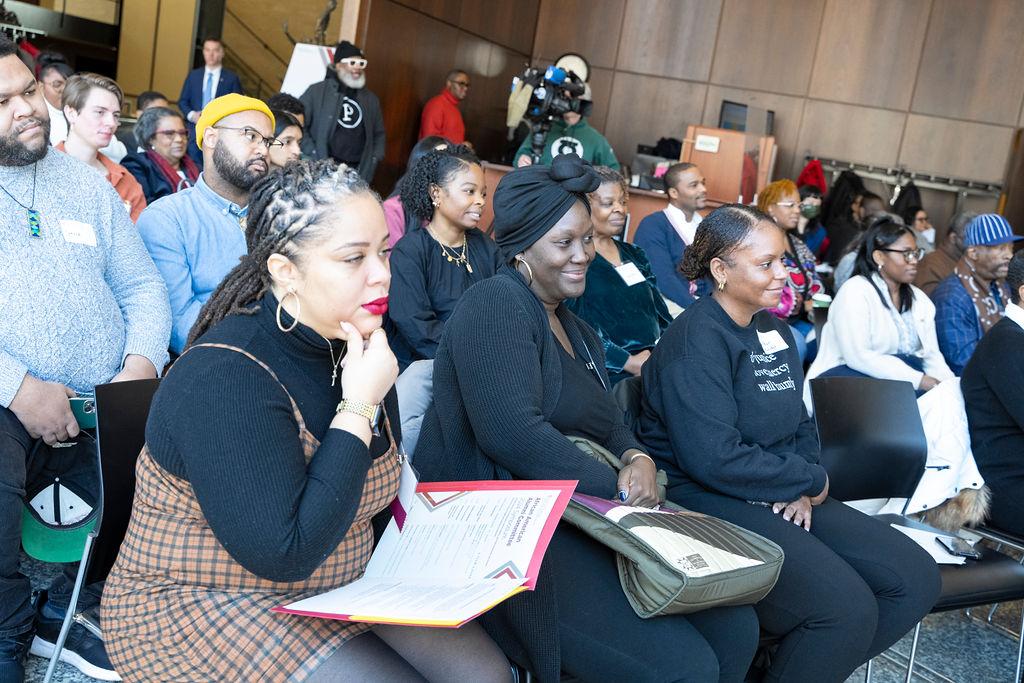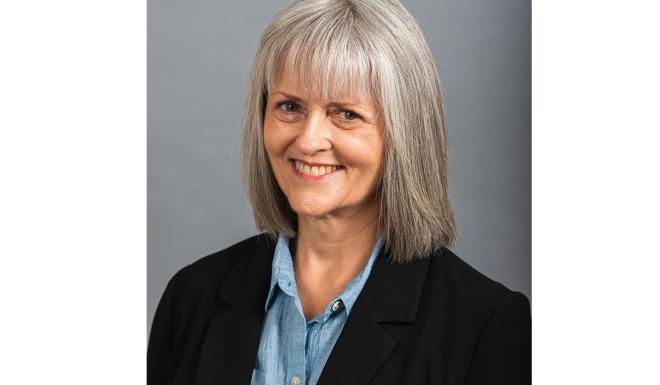
Research & Faculty

Spotlight
Co-authors: Nicole P. Marwell, PhD, Professor, and Jennifer E. Mosley, PhD, Professor;
In Mismeasuring Impact: Why Randomized Controlled Trials Can’t Solve the Problems of the Nonprofit Sector, Marwell and Mosley reveal why randomized controlled trials (RCTs), often called the “gold standard” for social program evaluation, are poorly suited to the nonprofit sector. Marwell and Mosley show how the challenges of implementing RCTs in nonprofits undermine their core strengths of innovation and responsiveness. The book provides practical alternatives for utilizing evaluation to enhance nonprofit performance.

Spotlight
Between Families and Institutions: Mental Health and Biopolitical Paternalism in Contemporary China
Zhiying Ma, PhD, Assistant Professor
In Between Families and Institutions: Mental Health and Biopolitical Paternalism in Contemporary China, Zhiying Ma examines how families, psychiatric institutions, and state policies intersect in the governance of serious mental illness. Drawing on extensive ethnographic fieldwork, Ma introduces the concept of “biopolitical paternalism” to show how responsibility for care is shifted onto families, raising profound ethical tensions and revealing health disparities within China’s mental health system.

At Crown Family School, we partner with community organizations across Chicago to make an impact in the city we call home.
Featured Partners
Cook County Promise Guaranteed Income Pilot
Institute, Centers and Networks
The mission of the Urban Education Institute is to produce knowledge to create reliably excellent urban schooling.
As an interdisciplinary, collaborative Center, CHAS is all about people. From helping disadvantaged populations through research, to providing resources to students and faculty to facilitate their educational and research needs, to maintaining communications with our Committee Members and Fellows, our mission is to continue perpetuating the interconnectedness that arose with the early history of CHAS and continues today as we advance our mission.
The Institutional Review Board reviews and approves, disapproves, or defers all research protocols. It provides assistance with IRB applications for staff, students, and faculty.
The first scholarly journal in the field of social work, SSR provides multidisciplinary analyses of current policies and past practices from social welfare scholars and practitioners, as well as from experts in other fields.

